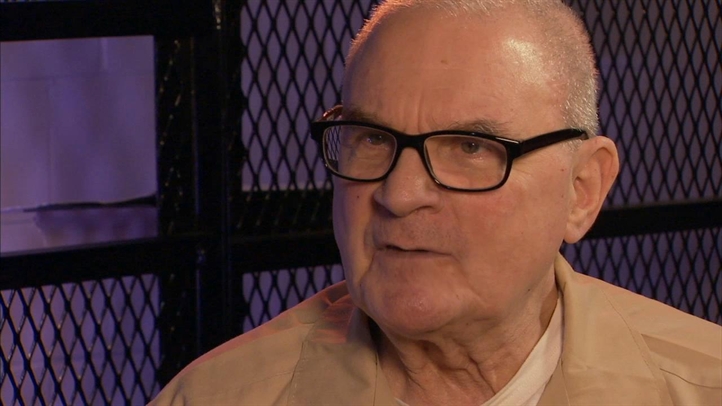TRENTON, N.J. (AP) - Declaring a fiscal emergency in New Jersey is one option open to Gov.-elect Chris Christie as he searches for a way out of the state's deep financial deficit, the head of his transition team said Tuesday.
Jeff Chiesa, executive director of Christie's transition team, said an emergency declaration like the one Gov. Jon Corzine used after budget talks with the Legislature collapsed in 2006 is one of many ideas raised during a recent meeting.
"It would be premature to suggest it is anything more at this point in time," Chiesa said in an e-mail.
Christie, who defeated Gov. Jon Corzine last week to become New Jersey's first Republican governor in a dozen years, faces a
projected $8 billion budget deficit when he takes office in January. He must deliver a budget proposal for fiscal 2011 in March.
A report by the Statehouse bureau of The Star-Ledger and The Record, attributed to unnamed advisers and published Tuesday, said Christie is "examining the possibility of declaring a financial emergency."
An emergency declaration would give the governor broad powers similar to those invoked when a natural disaster strikes.
The declaration could help Christie void the no-layoff pledge Gov. Jon Corzine negotiated with labor unions through December 2010.
Christie repeatedly criticized that deal throughout the campaign. At a news conference in Hamilton on Monday, he said he would not be bound by Corzine's deal.
Local
Breaking news and the stories that matter to your neighborhood.
"I want to leave my options open to reach a fair and appropriate resolution in light of the economic circumstances that confront the state today,'' Christie said." It may turn out that there are no layoffs. If we can reach a fair agreement with all the parties that recognize the pressures the taxpayers are under and the state government is under, I would hope to have no layoffs."
Bob Master, political director of the state's largest union, the Communications Workers of America, said he hopes the state and the unions can resolve their issues through collective bargaining.
"We believe its a mistake to suspend the rules and declare an emergency when there are alternative ways of addressing these issues," Master said. "Our members have made very significant sacrifices in terms of wage freezes, unpaid furlough days, and
increased contributions for health care and pensions in order to help the state through its fiscal problems."
Corzine invoked the emergency provision in 2006, ordering the shutdown of state government after the Legislature failed to pass a
budget by July 1. Government lawyers reasoned that a legal emergency existed because a new spending plan was not in place when the prior budget expired.
The declaration by executive order gave Corzine the power to furlough state workers and cancel nonessential services. The emergency lasted a week.
Corzine considered invoking the provision again this year after state revenues plunged, but did not do so.
He renegotiated the contract with the largest state worker union, deferring a scheduled pay raise until 2011 and ordering furloughs in exchange for a no-layoff pledge through December 2010.
The New Jersey Constitution requires a balanced budget.
Christie has limited options for balancing the budget that starts July 1 after ruling out raising taxes or cutting funding for K-12 education.



